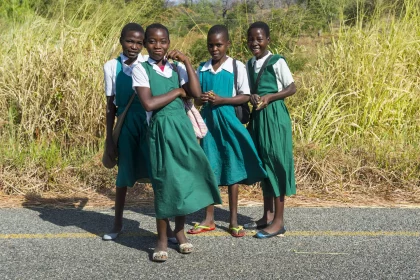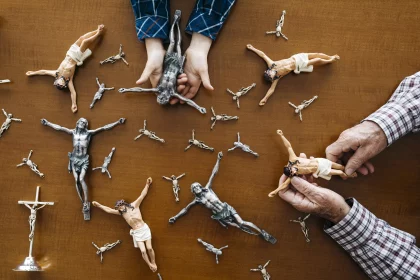The impact of culture to females in remote areas
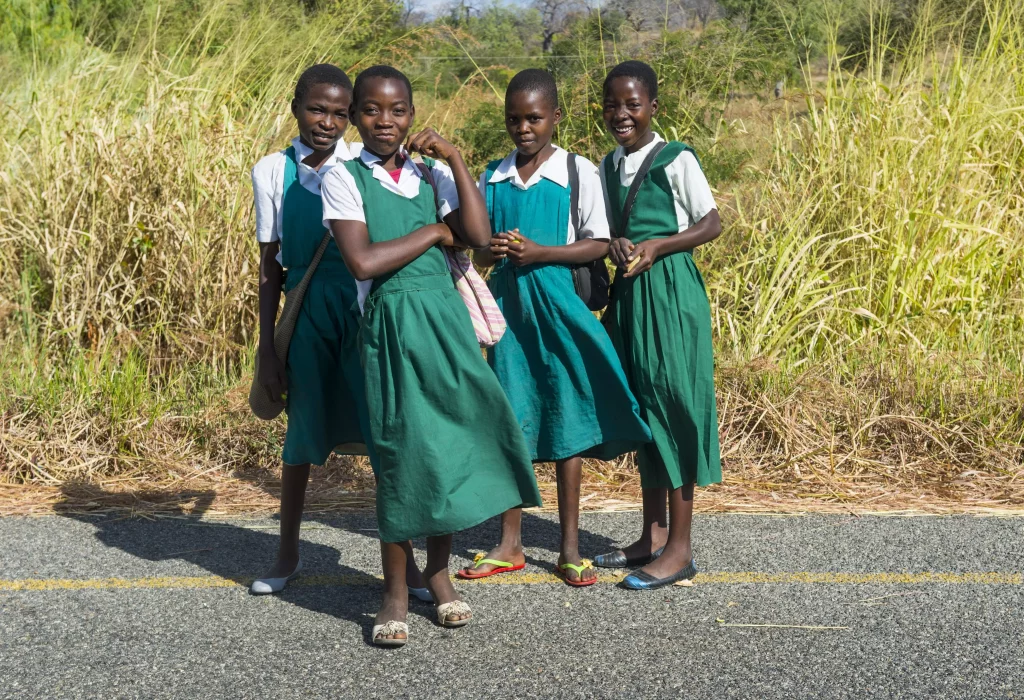
A lot of people find pride in their cultural traditions, customs, religion and ethnicity. Yet, one must not disregard how several cultural practices negatively affect girls and women in remote areas even today.
Over the years, with the coming of westernization and globalization, there has been a massive mindset shift and change of perspective towards cultures and traditions on how they portray and affect both, men and women. Unfortunately, while the world is fighting natural disasters like global warming, financial crises and Covid19, there are still thousands of girls in Africa whose voices arent’t being heard, hence burying their dreams and potentials. Their identity, too, is the sense of belonging to a certain country, race, political party and ethnic group. But there is more to it that some of them are not aware of.
Speaking from my cultural roots, it is clear that most of our practices are impeding women’s abilities more than they do in a man’s case. I am a Congolese originally from a province named Kasai Orientale. As for the located Luba tribe, it is believed that women are necessarily meant to take care of kids, household chore and bear children.
Looking at the role of my mother: She is more than such a restricted human being. But this is because she did not grow up in a village where everything and every decision is culturally oriented subjecting women even to more harm. Growing up in urban areas was advantageous in my mother’s experience. And consequently for mine as well.
My mom runs a small business which has kept my family going for years now. Contrary to most girls and women who are not given the oppurtunity to decide on how to evolve and take care for themselves, let alone their own families. Ancestors have chosen their fate. For hundreds of decades, women too, have normalized this. But how can this ongoing custom be considered “normal”? If I am to criticize this, the only thing I see is how a multitude of potentials and skills are erased in the name of cultural values.
The evils of a man’s world
Imagine if you lived as a female in let’s say a refugee camp, and your parents denied you the right to education while claiming you are not entitled to provide for yourself but rather it is the responsibility of the man that will marry you, what would you do? Rather then accepting or even supporting an individual’s choice, there is still a shady form of respect for obsolete traditions which do nothing but damage. It takes someone strong with an open mind to challenge this perspective. Until then, many females will continue to suffer from harsh consequences.
In most African communities, educated persons, men and women, are less likely to submit to these conducts. Whereas the uneducated and those in rural areas with no freedom of choice have to face the impact of conforming rules even nowadays. Early and forced marriage is one of the most common rites in most remote regions in African countries.
After talking to 30 young people from Malawi, DRC, Burundi, Rwanda and Somalia, I learned that more girls are forced to abandon their dreams and ambition to submit to this traditional norm. Due to financial poverty, some parents have used girls as assets to bring food in the house through forcing them into unwanted relationships. In Malawi, there is a practice called “fisi” which has destroyed many young lives. When girls reach the menstrual period, they are taken to a shrine where they are handed over to one older man from their village to have sex with them all.
There is no doubt that having sex at such a tender age will seriously affect girls physically and psychologically. In fact, we are talking of rape here. Yet, girls in remote areas will abide by default. And while talking to fellow young people from villages around Dzaleka camp in Malawi, I was shocked to hear about a girl who is now 19 years old and was infected with HIV through this practice.
Living in a man’s world, as they say, is no explanation nor does it serve as an excuse for all the harm and evil being done to females. Internalized behaviour can be a tough sell. But we need people to know that it is not too late to make a difference in dealing with such social structures.
Information to set them free
I strongly believe both men and women must be entitled to the same fair treatment despite our different heritage. We have a long way to go to fully end negative cultural practices. If this is made a collective decision, there is a possibility to reach out to more people and reveal all dangerous (health) results stemming from unquestioned attitudes still dominating social life. Rescuing innocent girls from these and giving them the freedom to explore and fulfill their own desires must be the aim.
In desperation to understand in detail the impact of these practices and how to eradicate them, I conducted a panel discussion with youth, boys and girls, both from Dzaleka and the surrounding villages. The majority of them suggested civic education to be an effective way to address the issue. The reason why most young girls and women are still victimized is because they do not have access to the “right” information. If we are to make information available for them, they are more likely to discover the outcomes of these practices as solely negative. Introducing sexual reproductive clubs will help educate girls hence empowering them on having a say on their reproductive system.
As civic education is required, there is a need for advocacy. Most young girls are still being silenced through their fellows. Encouraging them to speak about their challenges does require to directly address the issue when facing the stakeholders in these societies. Here in Dzaleka, it’s Plan International thathas been in the forefront organizing different awareness campaigns to discourage practices that endanger girls and women. But essentially, we all as the public need to negotiate relentlessly in order to overcome situations in which the most vulnerable are being denied basic protection.
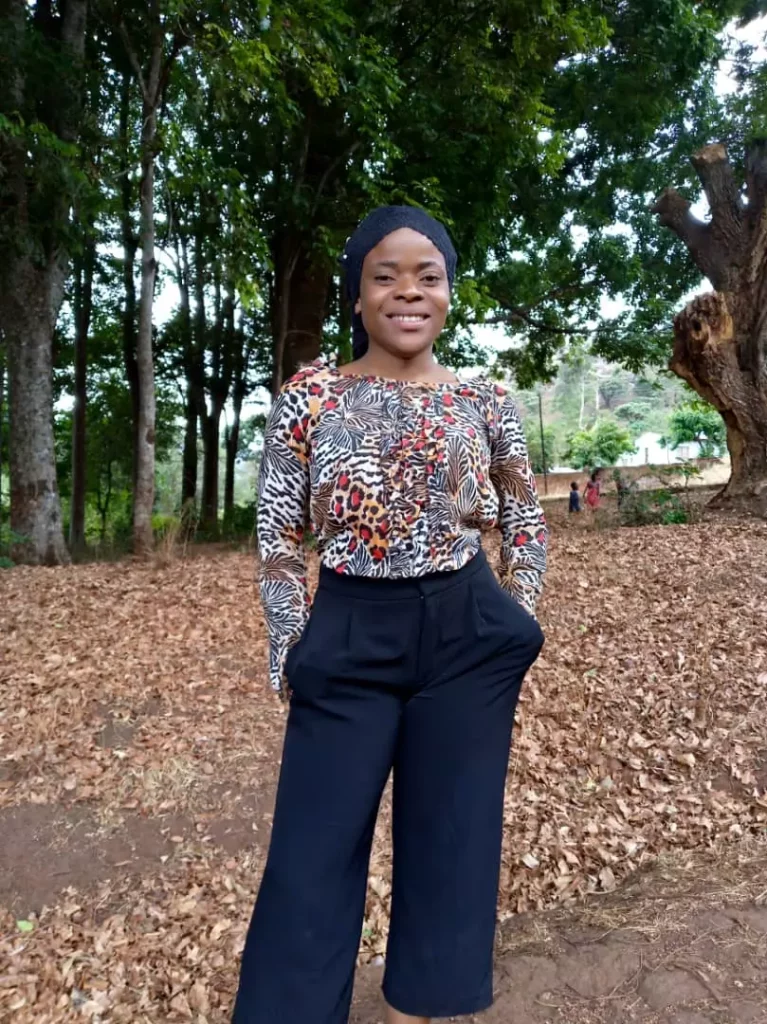
„Early marriage has forced many girls to drop out of school hence shattering their chances of achieving their desired future and ambitions. Every person regardless of their gender deserves to be responsible for the decisions that affect their lives. Girls in particular must take their own decision as it has to do with their sexual reproductive health.“
Nyota (DRC), 22
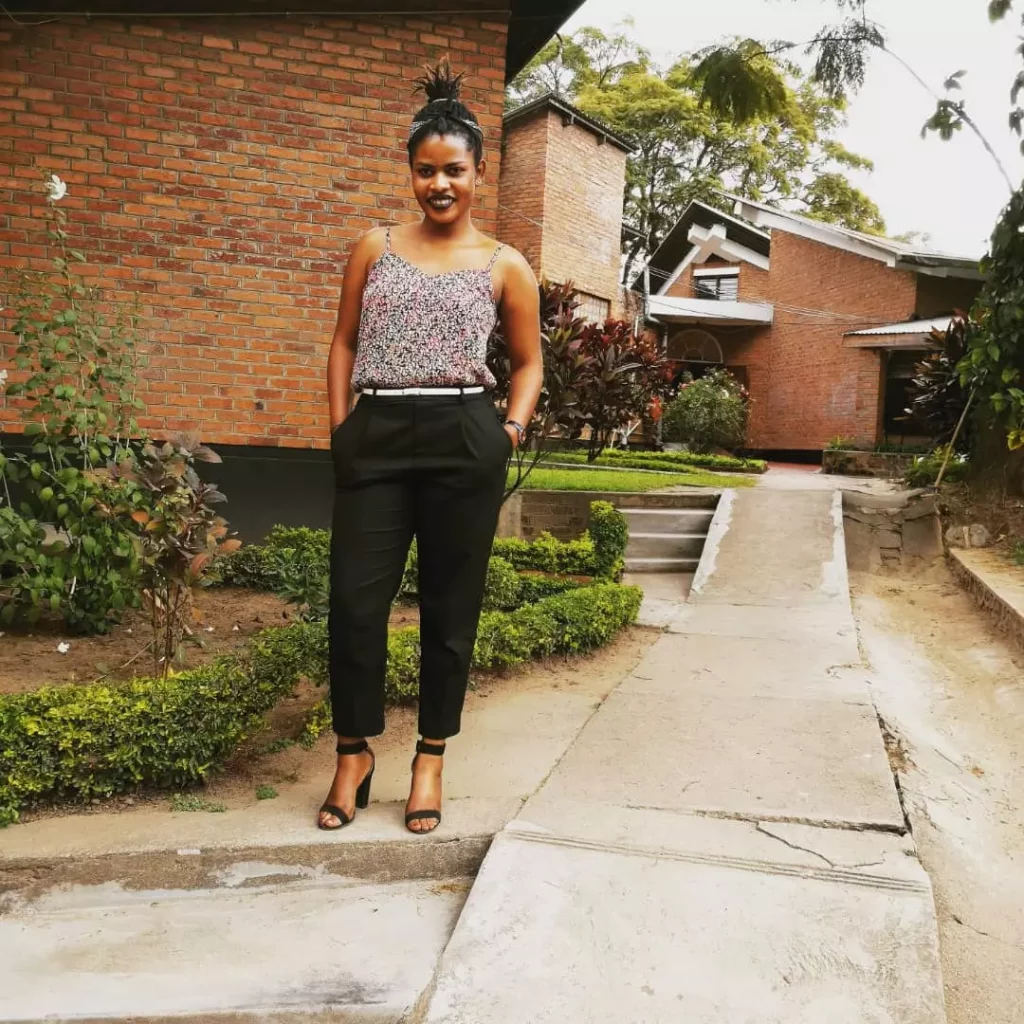
“Early marriages have led to more gender based violence (GBV) than ever, it has also been a reason for more divorces. Our parents need to know that marriage is not a solution to whatever problems the family might be going through. Yes, maybe you can get some financial help from the guys, but at what cost? In my opinion, awareness to parents is the only way to minimize this problem.”
Devota (Burundi), 25
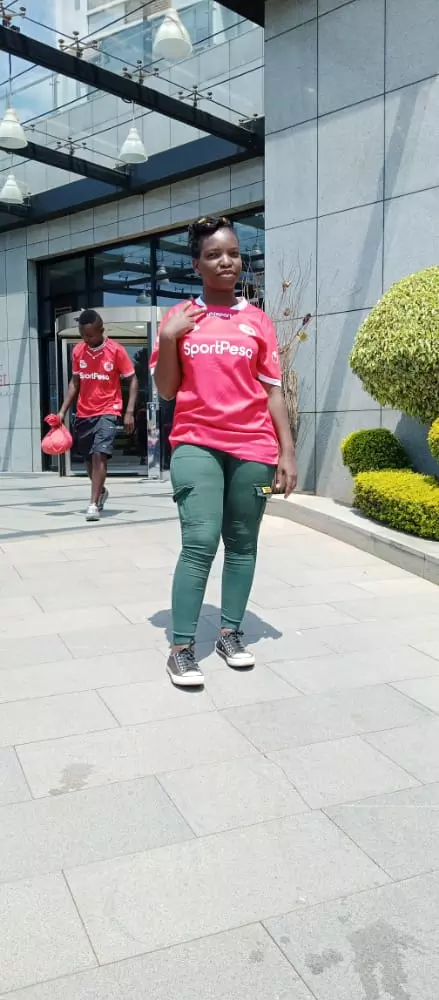
“At the age of 14, I was introduced to an old man who took away my virginity without my consent in the name of culture. In Malawi, it’s called „fisi“. Every young girl must have authority over their own body. The memories are still so fresh ten years later. Fisi is a step ahead to destruction. Most of the girls that walk down this lane kill their dreams in the process of teaching them how to become responsible women or familiarizing them to their marital duties. They are also taught the best part of marriages is sex and early pregnancies. But what about HIV and Aids? Abolishing most of these toxic practices is one way to a successful and youth friendly country.”
Jill (Malawi), 24
(Eine Übersetzung des Beitrags findet sich hier; Fotos: privat)
